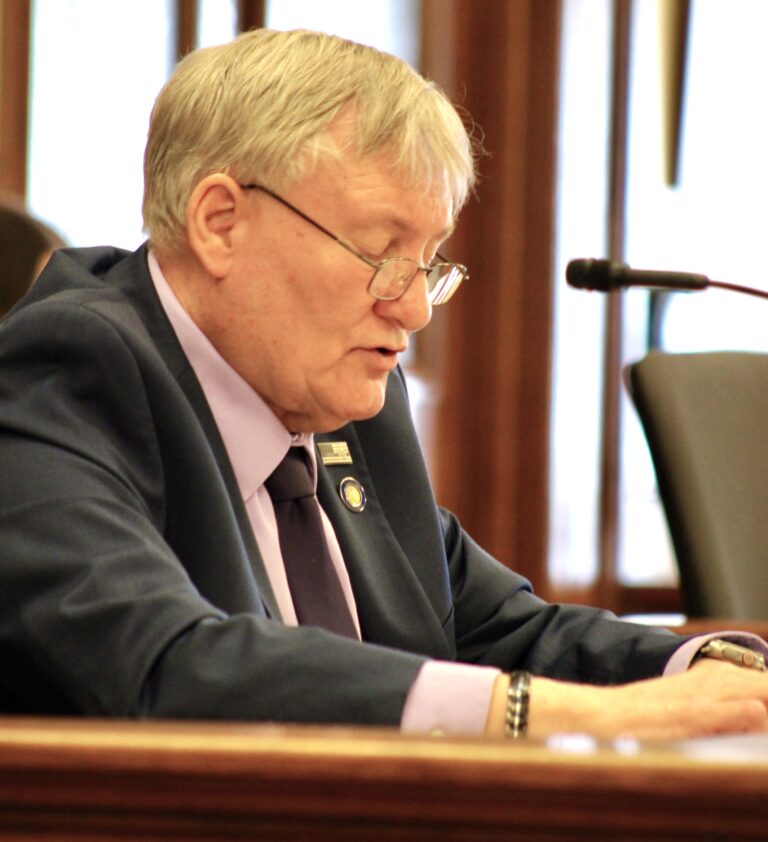By Trudy Lieberman, Rural Health News Service
Air ambulance companies have consumers in death grip
Two years ago in this space, I told the story of a Mississippi woman Katherine Green who got caught in the unsavory business practices of the air ambulance industry that has trapped many more Americans since then. Green, a college history professor, chose to fight the company that transported her late husband to a Jackson hospital after he suffered a fatal fall in their home.
The ambulance company Rocky Mountain Holdings, a subsidiary of Air Methods, billed her $50,950. Her husband’s insurance company, Blue Cross & Blue Shield of Mississippi, which administered the State and School Employees’ Health Insurance Plan, paid $7,192 of the $58,142 the ambulance billed. She was on the hook for the balance.
Green’s retirement savings was in jeopardy. Alarmed, she took her case to Mississippi state officials and the media, which resulted in lots of publicity about her plight. In a recent phone call, Green told me, “I figured out from this, you have to contact everybody. The more inquiries you get out about your situation it eventually becomes too much trouble for them.”
Mississippi does prohibit balance billing, which means once a seller of health care services accepts any insurance payment, they cannot bill patients for the remainder. However, the prohibition doesn’t apply to air ambulances, according to Roy Mitchell, executive director of the Mississippi Health Advocacy Group. “I think they do not like the publicity they’re getting, and that’s why they’ve left her alone,” he said, adding the company could still try to collect.
In fact, Mississippi and other states have had a devil of a time trying to regulate air ambulances as the industry has grown from a few dozen helicopters in the 1980s, operated mostly by hospitals, to some 900 today. According to Bloomberg Business, wealthy investors and private equity groups control many of the newcomers in this profitable industry.
The trouble regulating air ambulances stems from a 1978 law that deregulated the airlines. Under the Airline Deregulation Act, air ambulance operators are considered to be air carriers – like Delta and American – and the states have no power to regulate them. States have their hands tied and cannot regulate rates or their billing and collection practices.
The companies have carte blanche to conduct business as they please, and for people like Katherine Green, it’s “Let the Buyer Beware.”
The practice of balance billing is especially pernicious when consumers find that, although they have insurance, the air ambulance is not in the insurer’s network and the insurers has not negotiated rates with the ambulance company. The company can and does charge whatever it wants and then tries to collect from the consumer, sometimes using hardball tactics like slapping liens on people’s homes.
“This is untenable for Mississippi consumers, Mitchell said. “It’s unthinkable someone in a trauma situation and victimized by an out-of-state corporation has no recourse.”
A handful of states have tried to impose regulations on air ambulances, but the industry has challenged those laws in court, and state insurance regulators have lost the battle. North Dakota is trying again. The state passed a second law that regulates how insurers pay for air ambulance services and prohibits balance billing. The insurance, however, must have been issued in the state.
The industry has again challenged North Dakota’s law, and the state is back in court. “Deregulation was never meant to be used this way,” says deputy insurance commissioner Jeff Ubben. “Shopping for a vacation flight to Orlando is much different from lying in a ditch waiting for a helicopter to pick you up.”
That’s why consumer groups and insurance regulators are working in Congress to change the law. One vehicle for fixing the problem is to allow states to regulate air ambulance companies, in other words, to change the deregulation law. A bill sponsored by Montana Sen. Jon Tester would do just that.
Another approach is to add an amendment to the Federal Aviation Administration’s reauthorization bill. It would require the Department of Transportation to set rules for the industry based on input from a committee that includes consumers, set up a toll-free hotline for consumer complaints, and require that charges for air ambulance transportation services be separated from medical charges. Such changes are included in the bill passed by the House.
Even these modest changes may be encountering pushback in Congress. Mitchell told me he talked to staff members for Mississippi Sen. Roger Wicker and their response was “not encouraging.” Mitchell said staff members told him to lobby the state’s Blue Cross & Blue Shield organization to accept Air Methods in their network. That’s the same company whose subsidiary Katherine Green had battled.
“They have a business model that capitalizes on not being regulated by the states, and that means not being part of a network,” he added.
The public should demand more. How can consumers know when they will be lying in the ditch at the mercy of the company that comes to pick them up?
Have questions about how health insurance details can affect you? Write to Trudy at trudy.lieberman@gmail.com.



